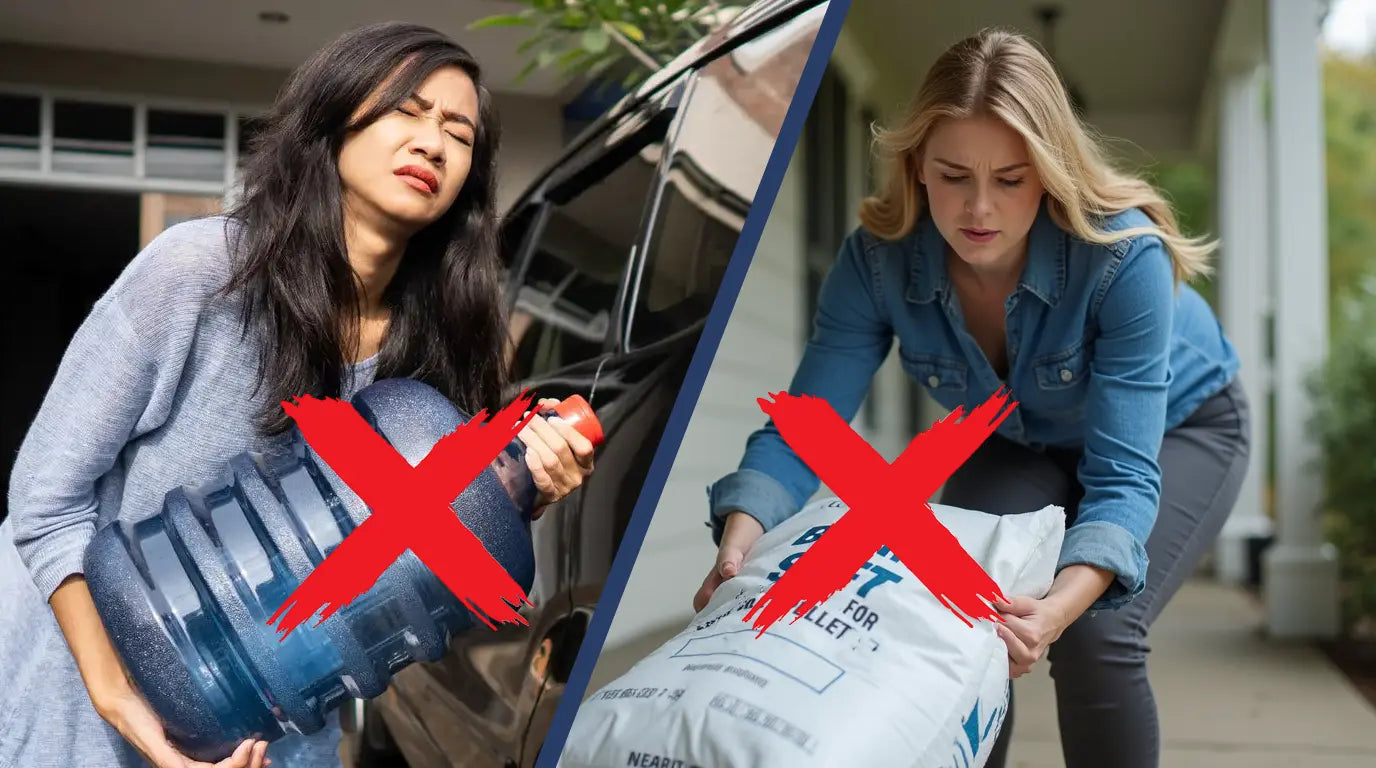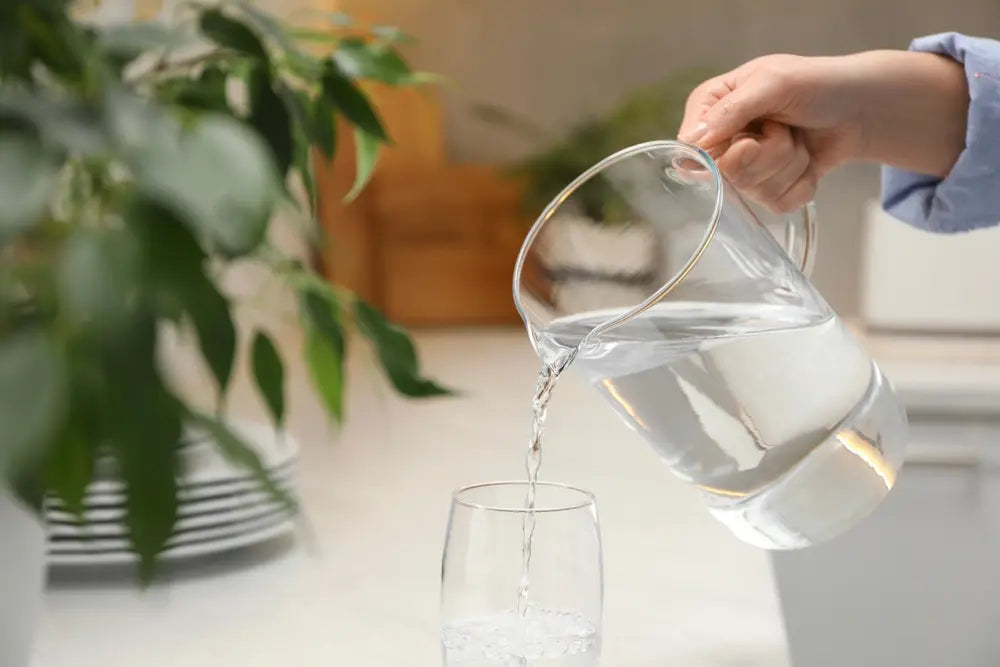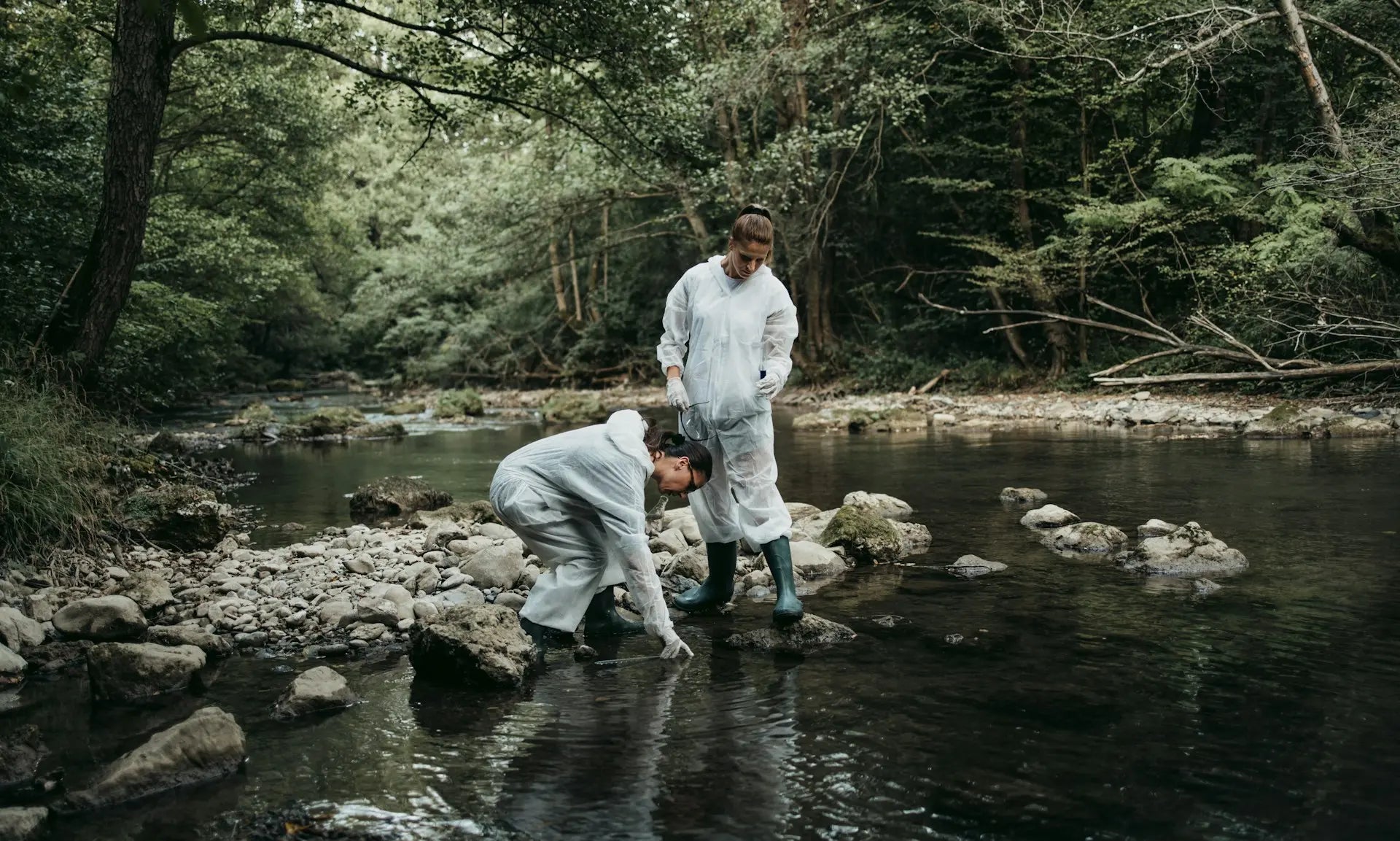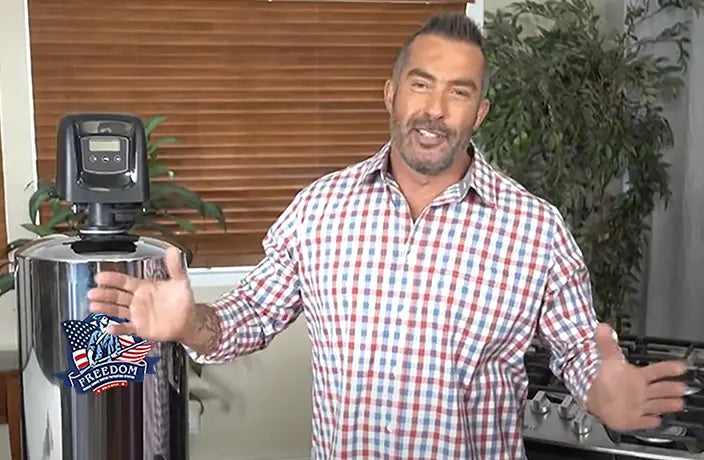Whole House Water Filtration
Tips & Solutions
Explore our Resource Library for expert insights, updates, and articles on water filtration, healthy living, and sustainable solutions. Stay informed and make the best choices for your home and family.
The Hidden Benefits of a House Water Filtration System That Most People Never Consider
Most people think a house water filtration system is only about better tasting drinking water. In reality, it quietly protects your health, plumbing, appliances, and even your budget. Here are the hidden benefits most homeowners never hear about.

Household Water Filter Guide for Safe, Maintenance-Free Drinking Water
Discover how Freedom Water Systems redefines the household water filter. Our whole-home filtration removes PFAS "forever chemicals," chlorine, and fluoride without salt, filters, or maintenance. Enjoy cleaner, safer water at every tap for years of worry-free performance.

Smart Water Filtration Systems
Discover why smart water filters are trending in 2025. Learn key benefits, features, and how to choose a system that fits your lifestyle—without the fluff.

Home Filtration System: The Simple 5‑Step Buying Guide (2025)
How to pick home filtration in 5 steps—city/well, whole-home/under-sink, tech, sizing, care—with ECO-X and Platinum Series filters.

Why a Saltless Water Softener is the Ultimate Upgrade for Your Home
Learn how saltless softeners prevent scale—no salt, brine, or wasted water. Compare pros & cons and see why Freedom Water Systems’ ECO-X and Platinum Systems are top picks.

Hard Water Solutions: Best Water Filter for Hard Water
Protect your pipes, appliances, and skin with top hard water solutions—ion exchange, TAC, RO, and salt-free ECO-X.

Why Eco-Friendly Water Filters Like the ECO-X Are the Future
Discover how Freedom’s ECO-X filter system offers zero cartridge replacements and maximum sustainability. Explore the future of eco-friendly water filtration.

Navigating the Waters: Top Trends in Home Water Filtration Systems for 2025
Discover the latest water filter system innovations for 2025—from PFAS removal and smart home integration to eco-friendly designs and wellness-driven choices.

Hidden Tap Water Contaminants: How We Keep You Safe
Learn how PFAS, nitrates, and heavy metals slip past legal limits—then discover why the ECO-X and Platinum Whole Home Water Filters safeguard every faucet.

Whole Home Water Filter vs. VOCs: Protect Your Tap From Hidden Chemicals
Protect your tap from VOCs with whole-home water filters—remove volatile organic compounds for cleaner, safer water throughout your house.
